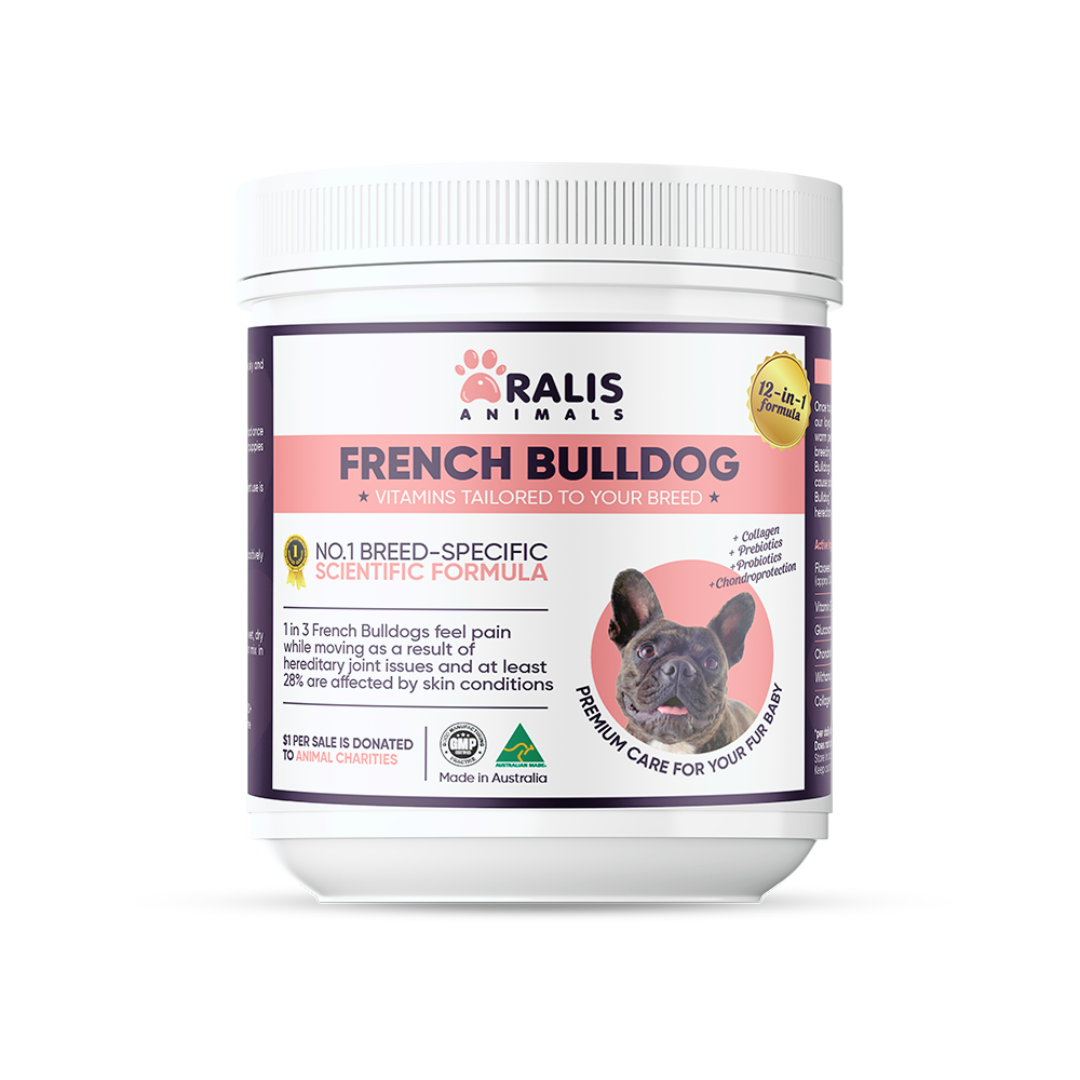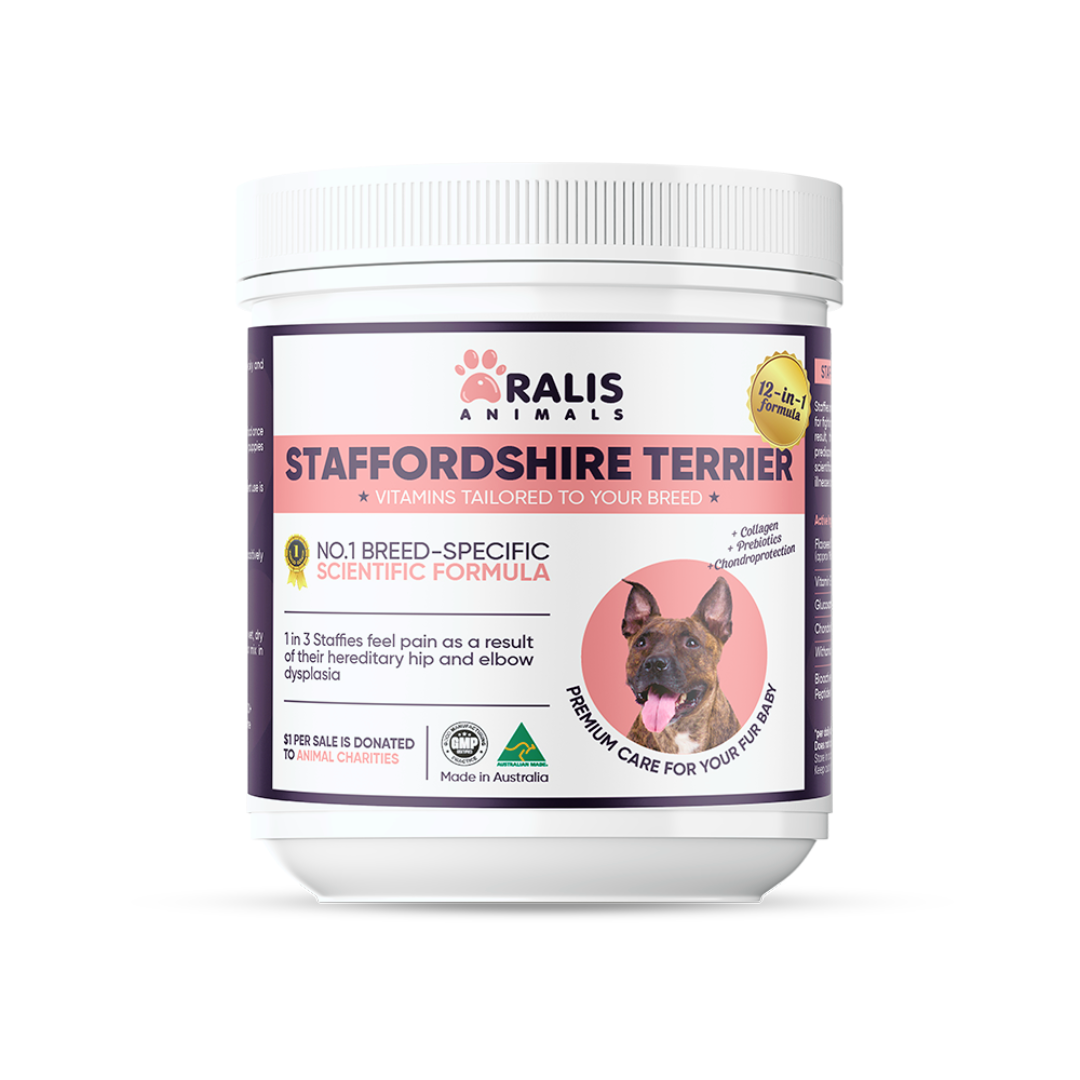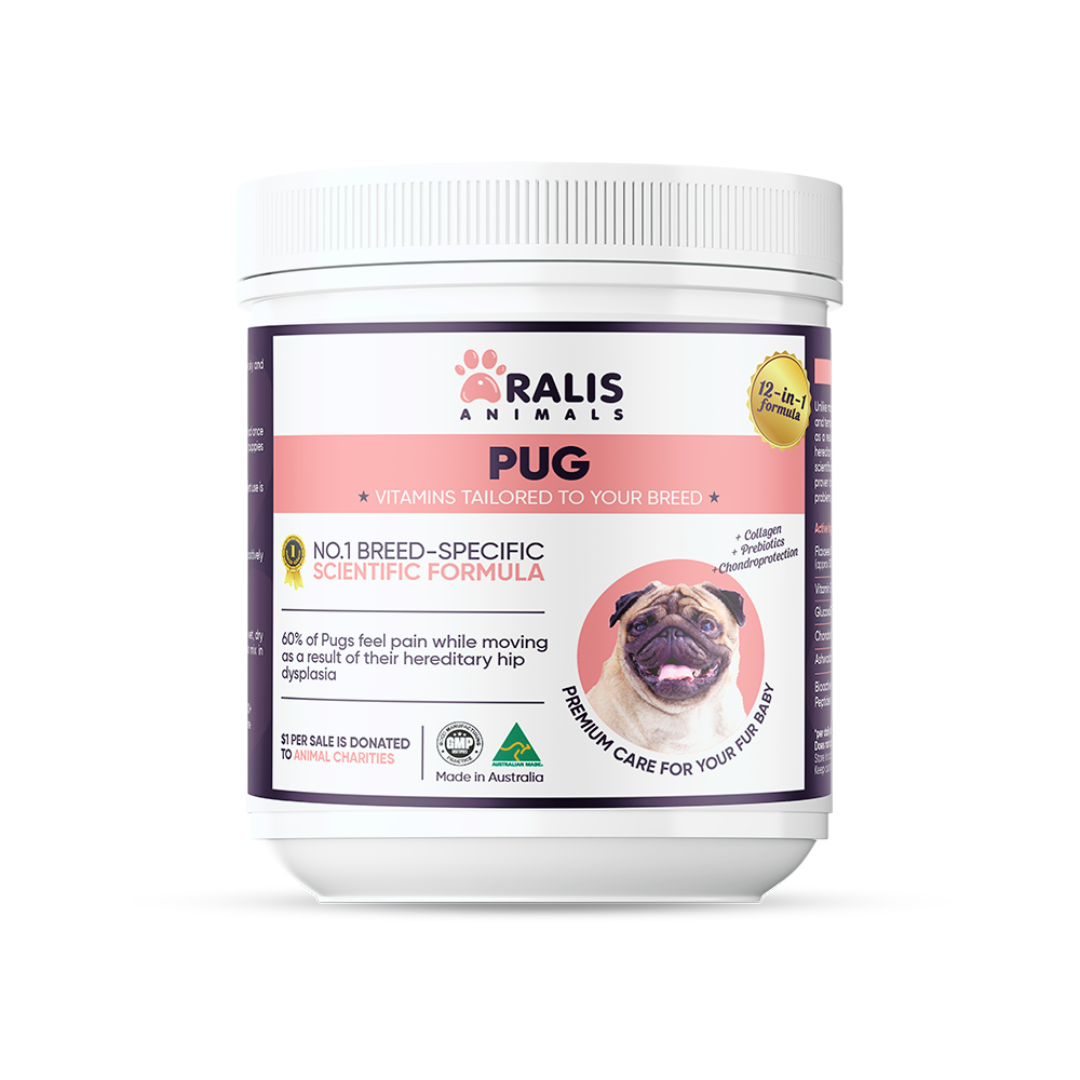Arthritis Relief for Dogs: How Anti-Inflammatory Probiotics Can Help Ease the Ache

As a devoted pet owner, you want nothing more than to see your furry companion happy, healthy, and free from pain. Unfortunately, canine arthritis is a common and often debilitating condition that can significantly impact a dog's quality of life. However, there may be a natural solution that can help alleviate the ache – anti-inflammatory probiotics.
Understanding Canine Arthritis
Arthritis is a degenerative joint condition that affects millions of dogs worldwide. It occurs when the cartilage that cushions the joints wears down, leading to inflammation, pain, and reduced mobility. Common symptoms of canine arthritis include stiffness, limping, reluctance to exercise, and difficulty getting up or down.
While arthritis can affect dogs of any age, it is more prevalent in older, larger breeds and those with a history of joint injuries or congenital abnormalities. Factors such as obesity, genetics, and underlying medical conditions can also increase a dog's risk of developing this painful condition.
The Role of Probiotics in Arthritis Management
Probiotics, the beneficial bacteria that reside in the gut, have emerged as a promising natural solution for managing canine arthritis. Numerous studies have shown that certain probiotic strains possess anti-inflammatory properties, which can help reduce the swelling and discomfort associated with joint pain.
The connection between gut health and joint health is becoming increasingly clear. Imbalances in the gut microbiome can contribute to systemic inflammation, which can exacerbate the symptoms of arthritis. By restoring the balance of gut bacteria through the use of targeted probiotics, dog owners may be able to alleviate their pet's joint pain and improve overall mobility.
Benefits of Anti-Inflammatory Probiotics for Dogs
Incorporating anti-inflammatory probiotics into your dog's daily routine can provide a range of benefits, including:
Pain Reduction
Probiotics with anti-inflammatory properties can help reduce the pain and discomfort associated with arthritic joints. By addressing the underlying inflammation, these supplements can provide much-needed relief for your canine companion.
Improved Mobility
As the inflammation subsides, your dog may experience improved range of motion and increased ease of movement. This can translate to a more active, playful, and comfortable lifestyle.
Enhanced Joint Health
Probiotics can support the overall health and function of the joints, potentially slowing the progression of arthritis and preserving cartilage integrity over time.
Potential Long-Term Management
While probiotics may not be a cure for arthritis, they can be a valuable part of a comprehensive management strategy, potentially reducing the need for pain medication or other interventions.
Choosing the Right Supplements
When selecting anti-inflammatory probiotics for your dog, look for supplements that contain strains such as Bifidobacterium and Lactobacillus, which have demonstrated their ability to reduce inflammation. Additionally, consider supplements that include other joint-supporting ingredients, such as glucosamine, chondroitin, or omega-3 fatty acids.
It's important to follow the recommended dosage guidelines and consult with your veterinarian, as the appropriate dosage may vary depending on your dog's size, age, and the severity of their condition. While probiotics are generally safe, it's always best to monitor your pet for any potential side effects or interactions with other medications they may be taking. Looking for a breed-informed option? Click here to explore Aralis Animals formulas, crafted to support mobility and ease inflammation.
Additional Management Strategies
While anti-inflammatory probiotics can be a powerful tool in managing canine arthritis, they should be part of a comprehensive approach that includes other supportive measures, such as:
Diet Modifications
Incorporating anti-inflammatory foods, such as omega-3-rich fish, into your dog's diet can help reduce inflammation and support joint health.
Exercise and Weight Management
Maintaining a healthy weight and engaging in low-impact exercises can ease the strain on your dog's joints and improve overall mobility.
Veterinary Consultation
Regular check-ups with your veterinarian are crucial for monitoring your dog's condition, adjusting treatment plans, and exploring additional management options, if necessary.
Conclusion
Canine arthritis can be a debilitating condition, but with the right approach, you can help your furry friend find relief and maintain a high quality of life. By incorporating anti-inflammatory probiotics into your dog's routine, you can harness the power of gut health to reduce inflammation, ease joint pain, and improve overall mobility. Remember, a comprehensive management strategy that includes dietary changes, exercise, and veterinary guidance can further enhance the benefits of probiotic supplementation. With patience and dedication, you can help your beloved companion navigate the challenges of arthritis and enjoy their golden years to the fullest.





